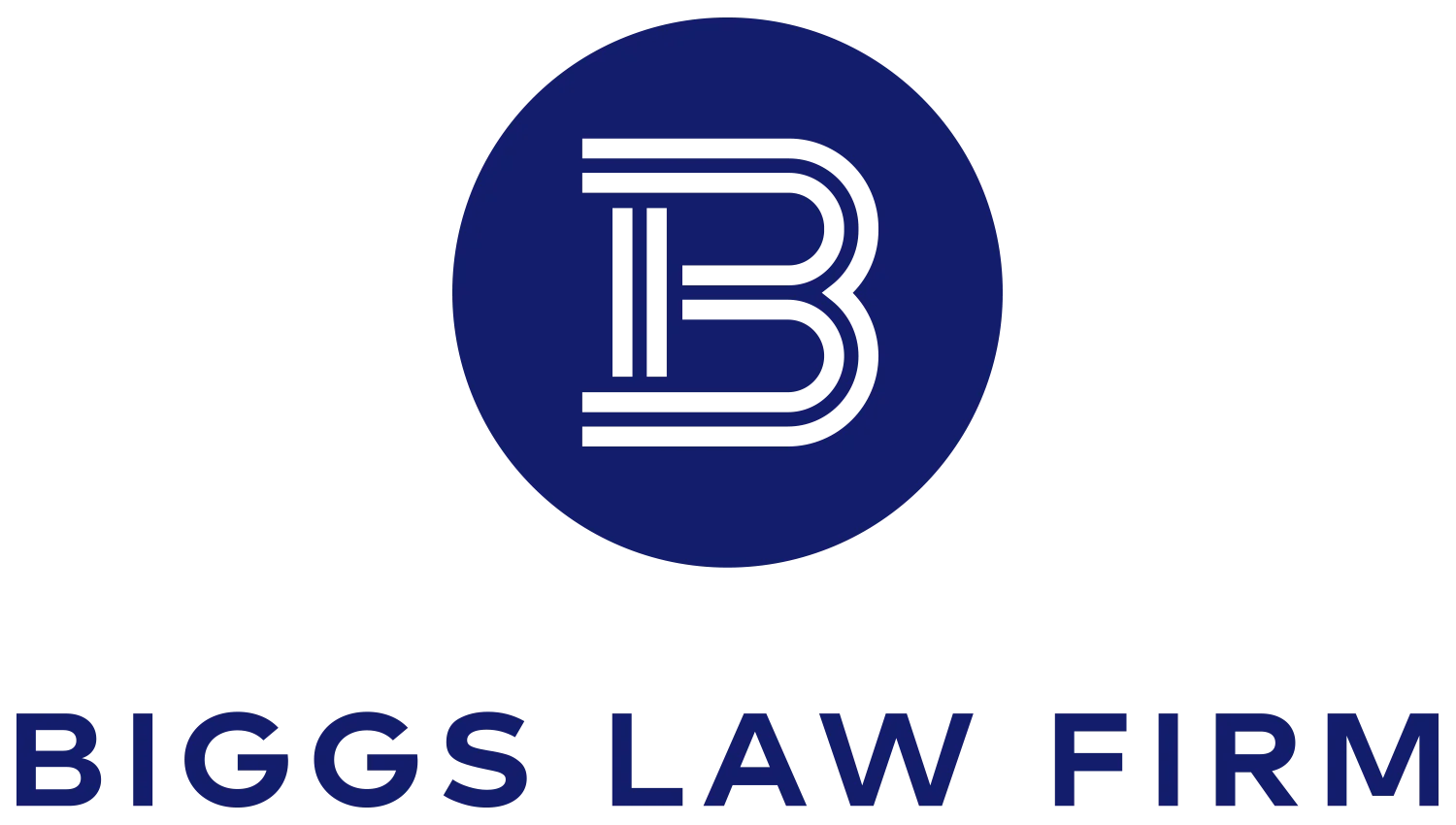Navigating Chapter 7 Bankruptcy for Businesses: What You Need to Know
What happens when a business can no longer stay afloat? Chapter 7 bankruptcy often feels like the last resort—but it’s also a lifeline. It allows businesses overwhelmed by debt to liquidate their assets and provide closure to financial chaos. Did you know that in 2024, business bankruptcy filings surged by 16.2%, highlighting the growing challenges faced by businesses across the U.S.?
If you’re grappling with impossible debts and considering Chapter 7 bankruptcy, understanding the process can help you make informed decisions. Let’s break it down step by step to uncover what this legal tool means for businesses like yours.
Understanding Chapter 7 Bankruptcy for Businesses
What Is Chapter 7 Bankruptcy?
Chapter 7 bankruptcy, often called “liquidation bankruptcy,” is a process designed to close a business and settle its debts through asset liquidation. For businesses, this means selling off assets to pay creditors in an orderly fashion. Unlike Chapter 11 bankruptcy, which allows businesses to reorganize, Chapter 7 focuses on finality—ceasing operations and resolving debt obligations. For more on how bankruptcy types differ, see this detailed guide.
Who Qualifies for Chapter 7 Bankruptcy?
Not every business is eligible for Chapter 7. Sole proprietorships, partnerships, and corporations all have unique considerations. For example, personal liability might come into play for sole proprietors, while corporations may shield owners’ personal assets. Understanding these distinctions is critical to evaluating your options.
The Chapter 7 Bankruptcy Process
Initial Evaluation
The first step is assessing your business’s financial health. This involves reviewing outstanding debts, assets, and liabilities to determine if Chapter 7 is the right option. Working with an attorney is essential during this stage to ensure accuracy and compliance.
Filing for Chapter 7 Bankruptcy
Filing requires gathering detailed financial records and submitting bankruptcy forms to the court. The process includes:
- Providing a list of creditors and amounts owed.
- Outlining all assets, including inventory, equipment, and real estate.
- Paying a filing fee (or applying for a fee waiver, if eligible).
The Role of the Bankruptcy Trustee
Once you file, a court-appointed trustee takes over. The trustee’s job is to:
- Review your financial records.
- Oversee the liquidation of assets.
- Distribute proceeds to creditors in order of priority.
Discharge of Debts
At the end of the process, the business’s remaining debts are discharged. While this provides closure, it’s important to note that certain debts, like tax obligations or fraud-related claims, may not be eliminated.
Implications of Chapter 7 Bankruptcy
The impact of bankruptcy on business owners largely depends on the structure of the business. For sole proprietors, personal liability for business debts can be a significant concern, while corporate entities typically offer protection for personal assets.
Bankruptcy also has a profound effect on business credit, making it difficult to secure financing in the future. Rebuilding financial credibility takes time, but maintaining open communication with creditors and developing a detailed recovery plan can help.
In addition, employees and vendors are often affected by the bankruptcy process. Employees may face job loss and delays in receiving their final paychecks, while vendors and contractors might experience disruptions. Transparency during this time is essential for preserving professional relationships and managing the transition effectively.
Alternatives to Chapter 7 Bankruptcy
- Exploring Other Bankruptcy Options: Sometimes, reorganization under Chapter 11 bankruptcy might be a better solution. This allows businesses to restructure debts and stay operational. Learn more about this option here.
- Non-Bankruptcy Options: Consider alternatives like debt consolidation, renegotiation with creditors, or liquidation without court involvement. These strategies can sometimes resolve financial issues without the long-term effects of bankruptcy.
How Biggs Law Firm Can Help
Navigating Chapter 7 bankruptcy is a complex process, but with the right legal support, you can approach it with confidence. With offices in Raleigh and New Bern, Biggs Law Firm provides personalized guidance tailored to your business’s unique challenges. Our team is here to walk you through the process, offering clarity and support every step of the way.
Chapter 7 bankruptcy is not just an end—it’s a chance for a new beginning. By understanding the process and evaluating your options, you can make informed decisions about your business’s future. If you’re ready to take the first step, contact us today to learn how we can help you regain control of your financial situation.
Start The Process Today
Schedule your consultation with one of our experienced attorneys.
